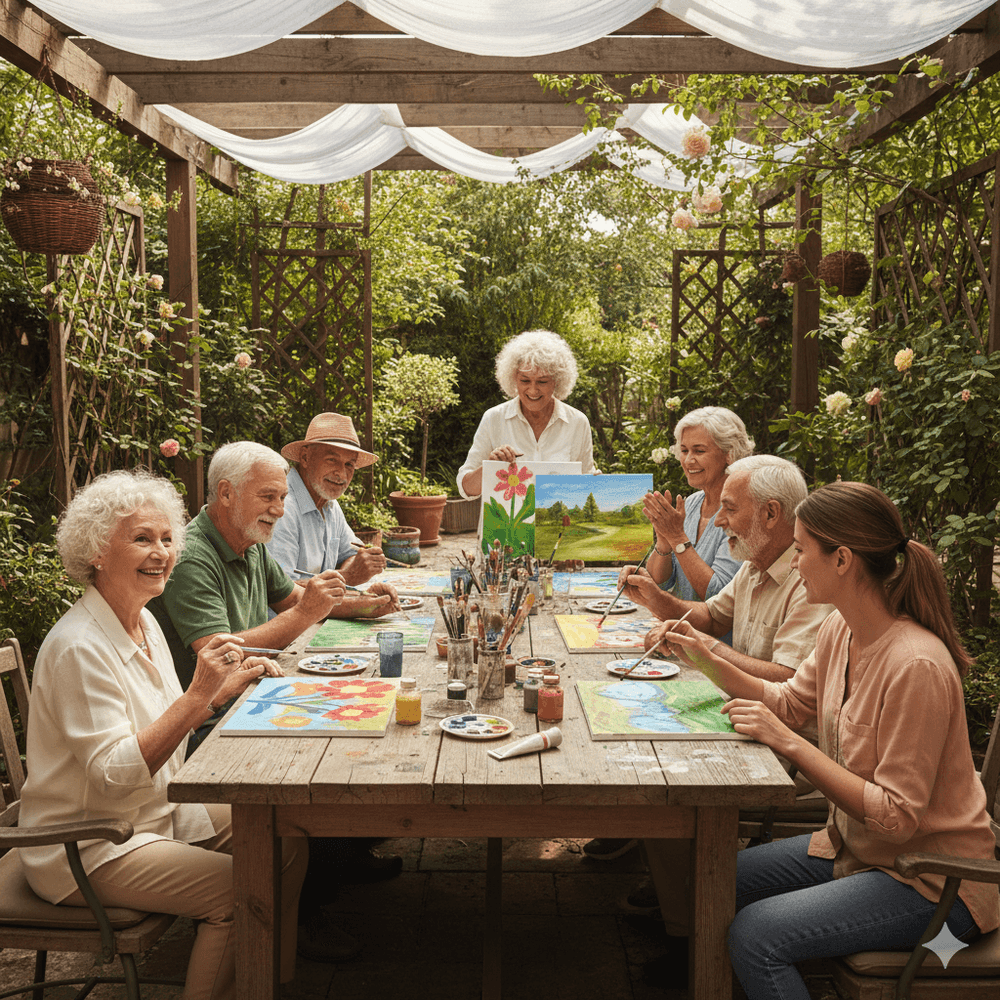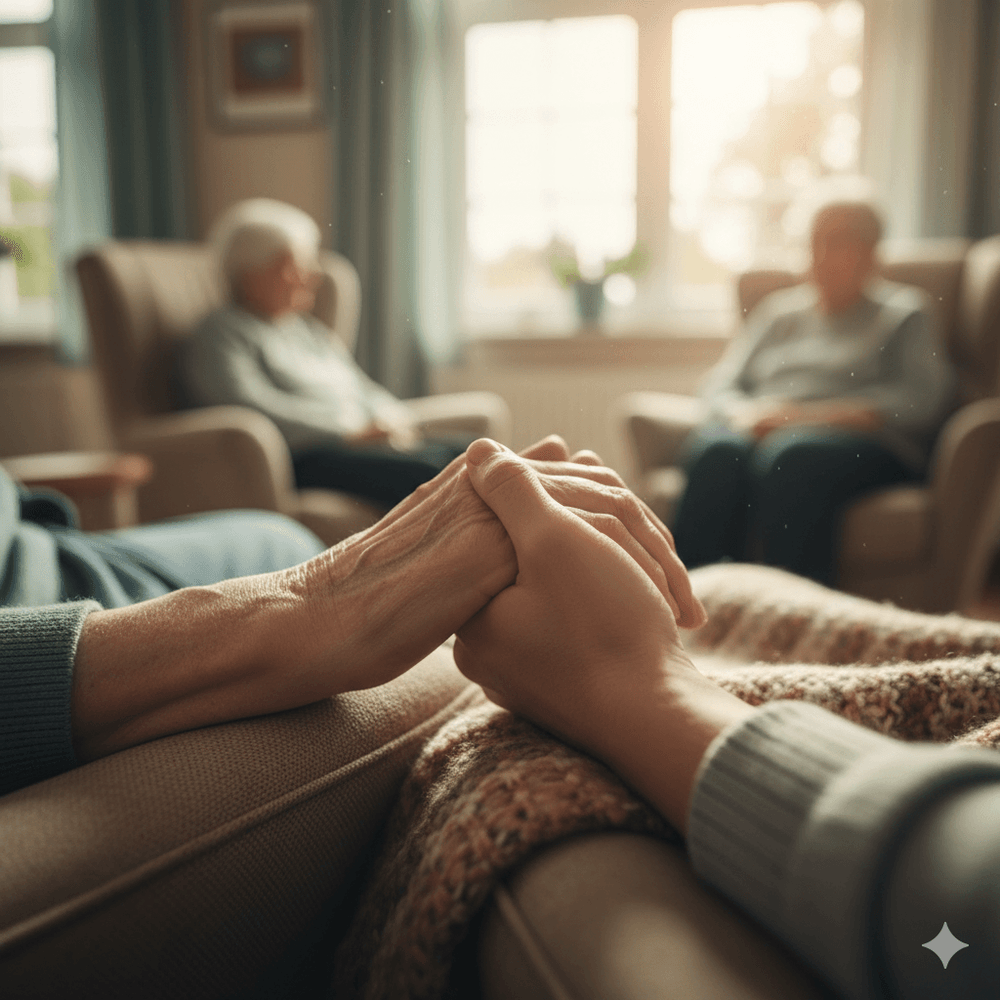

When someone you love is diagnosed with Alzheimer’s, life changes overnight. Suddenly, routines break. Conversations feel different. You’re learning as you go, and most days it feels like you’re just trying to keep up.
Here’s the truth: you’re not alone. Thousands of families are walking the same road. Many of them are finding comfort, strength, and hope through one simple thing: connection.
Support groups aren’t just about sharing advice. They’re about being seen. Sitting in a room or joining a video call with people who understand what you’re going through can feel like taking a deep breath after holding it too long.
You can say what you really feel. The frustration. The guilt. The moments of exhaustion that no one else gets. And someone nods back, because they’ve been there too.
Start by checking out Alzheimer’s Association support groups or the Alzheimer Society of Canada’s programs. For online communities, Memory People on Facebook and AlzConnected offer safe spaces to share and connect from home.
These groups remind you that what you’re feeling is normal and that help exists.

Stories connect us in ways numbers never can. When you hear another caregiver talk about helping their spouse through a bad day or finding small moments of joy in confusion, it sticks.
You start to collect small ideas. Label drawers. Play familiar music. Create memory books with old photos. These lessons come from real people, not textbooks.
Sharing your own story matters too. It helps others see that love still lives in the middle of loss. That resilience grows from repetition, routine, and grace.
If you’d like to read real caregiver stories, visit the Dementia Diaries project or Alzheimer’s Reading Room.
Every story adds another thread to a fabric of understanding that stretches across families and generations.
Advocacy doesn’t always mean speaking at a conference or writing to Congress. Sometimes it starts with talking to your local clinic about better caregiver training. Or helping your community center host a dementia-friendly event.
When you advocate, you make the world easier for someone else facing this disease. You remind policymakers, researchers, and healthcare leaders that Alzheimer’s isn’t just a medical issue. It’s a human one.
You can explore advocacy programs through Alzheimer’s Disease International, UsAgainstAlzheimer’s, or The Dementia Action Alliance. Each offers tools, volunteer opportunities, and guidance on how to make a difference.

Alzheimer’s isolates. It shrinks the world of both patient and caregiver. But community rebuilds it, one relationship at a time.
When you share your story, listen to others, or speak up for better care, you’re not just coping. You’re building something stronger.
A support network. A movement. A reminder that even when memory fades, compassion endures.
Because in the end, Alzheimer’s care isn’t only about medicine or science. It’s about people helping people stay human, together.
If you’re caring for someone with Alzheimer’s, or living with the condition yourself, you can use digital tools to make that journey easier. The Patient Support Tool (PaST) from Fawkes Biodata helps you organize medical records, connect with caregivers, and find opportunities for clinical trial participation.
It’s free to use and built to help you stay informed, supported, and connected.
Sign up today to join a growing community of patients and caregivers who are taking back control of their care.
Because while Alzheimer’s changes lives, connection can change what those lives feel like.